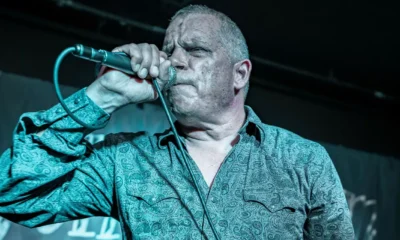Business
Dear President Biden: Show Us What True Compassionate Leadership Looks Like

Upon taking office, many citizens experienced a renewed sense of hope regarding criminal justice reform. The new administration’s opposition to the death penalty and support for life sentences without parole offered a promising shift from retribution to a more compassionate approach to justice.
This autumn, I embarked on an internship with a nonprofit focused on transforming the criminal justice landscape. This experience has unveiled the deep-seated inequities permeating the system, revealing that true justice often eludes those most vulnerable. I’ve delved into wrongful conviction cases, discovering that since the 1970s, around 200 individuals in our state have been exonerated after being wrongfully sentenced to death for crimes they didn’t commit. Such stories starkly illustrate the chilling risks associated with capital punishment.
Currently, there are 40 individuals on federal death row. Prior to the Trump administration, federal executions were infrequent, with only three taking place since the Supreme Court reinstated the federal death penalty in 1988. This dynamic shifted dramatically in the closing days of President Trump’s term, when 13 inmates were executed despite the ongoing pandemic’s toll on prisons. Among them was Brandon Bernard, who was just 18 at the time of his crime. This abrupt resumption of federal executions, after a 15-year hiatus, signaled a concerning trend towards prioritizing vengeance over mercy.
In light of the recent presidential election, I find myself increasingly apprehensive about a potential shift toward authoritarian governance. What we desperately require now is compassionate leadership—an example that justice can be intertwined with mercy. My generation looks to our leaders for reassurance, hoping to see the principles of fairness, empathy, and justice in action.
You possess the authority to forge a legacy that reflects these values. Commuting the sentences of those on federal death row could be a powerful statement: that even amidst adversity, America opts for healing rather than retribution. This would establish a legacy centered on compassion and present a pathway rooted in mercy.
As we approach the upcoming four years, this type of leadership is crucial. We yearn for hope and progress.
Sienna Walenciak, a college student, engages with the Televerde Foundation, an Arizona-based nonprofit committed to providing second chances for justice-involved women. She also serves as a fall intern with the Responsible Business Initiative for Justice, an organization aimed at fostering fair and effective justice policies within the business community.


















